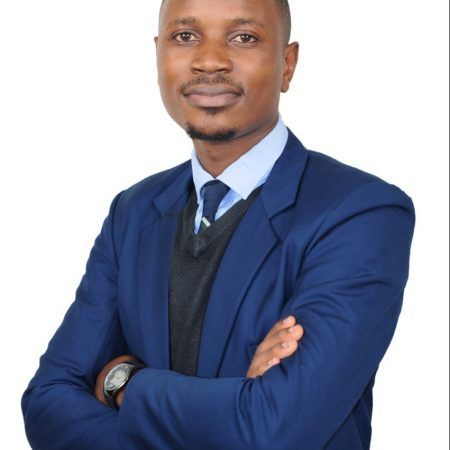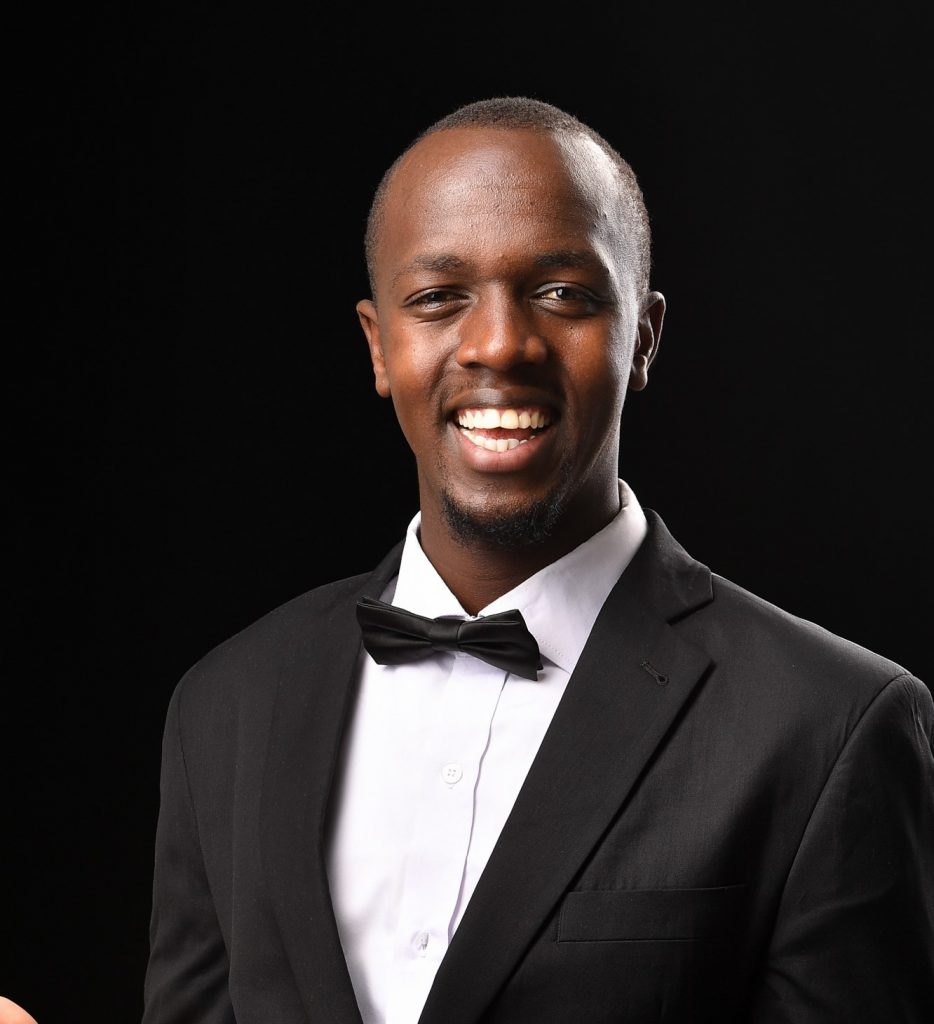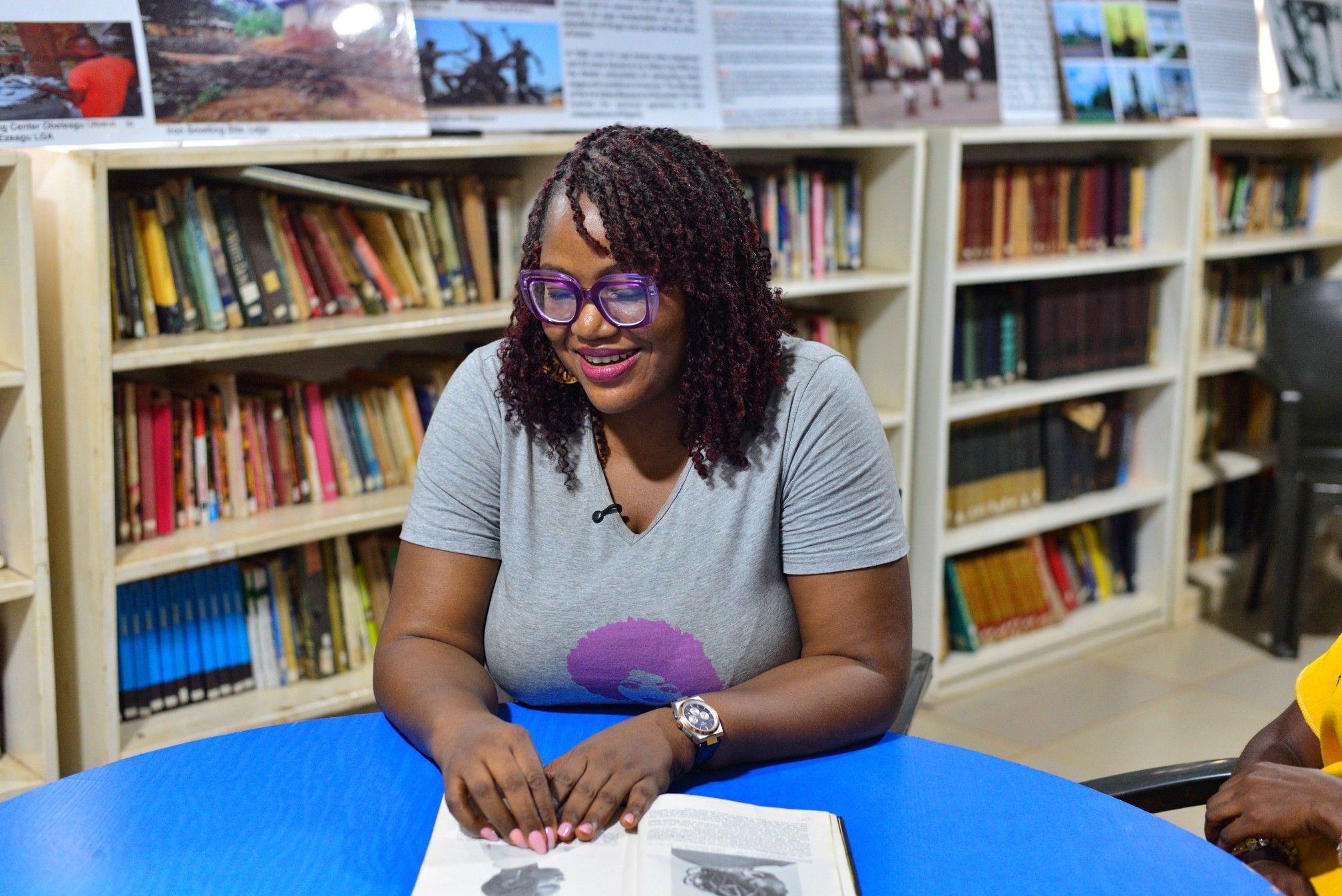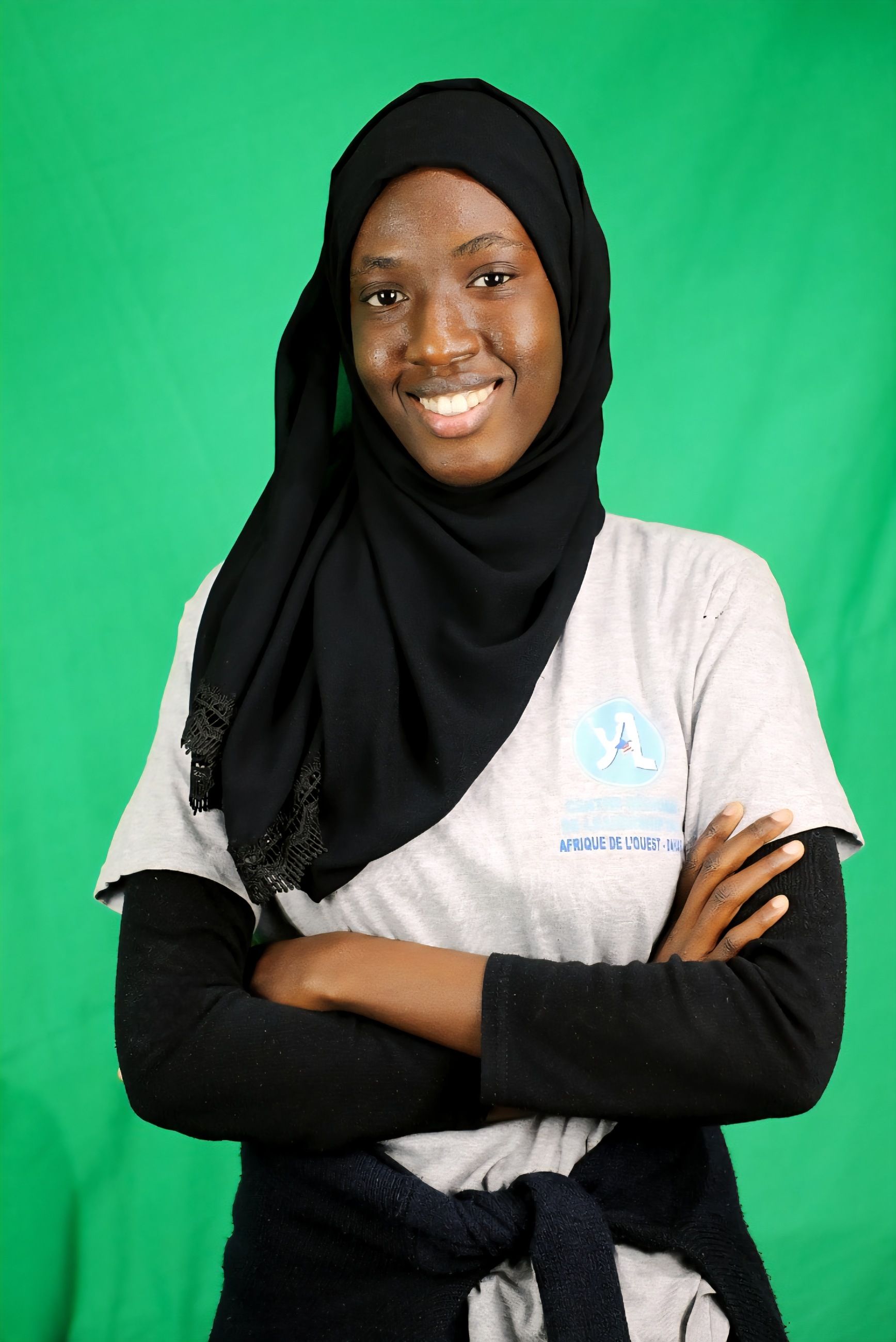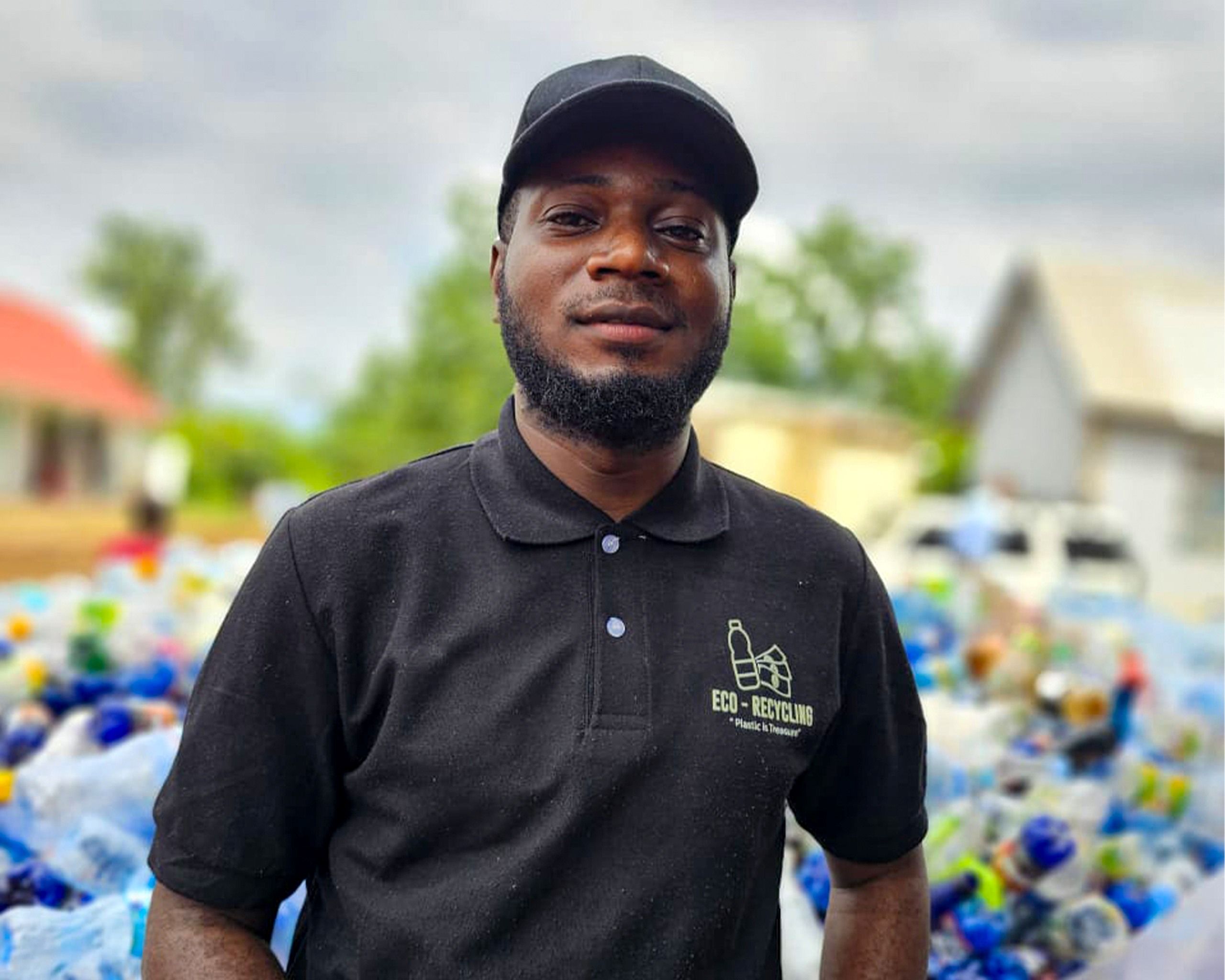The founder of Unlock Young Leaders Summit, 25-year-old Eugene Okanda believes to his core that everything rises and falls on leadership, as put forth by Dr John C Maxwell.
Growing up, Okanda had a rough life.
His family composition was not typical. He has three sets of siblings. "From my mum’s side, I am the second born to my elder sister. I am the fourth born from my biological father’s side, and I have four more siblings from my stepfather’s side", Okanda says.
When his mother got married to his stepfather, she was pregnant with him. He was therefore raised by his stepfather, and his life was marred with violence and mistreatment. He met his biological father at 21 years of age.
"When I was seven, I witnessed my stepfather hack my mother with a panga. He cut her in the head and the leg. I held on to my mum as she was profusely bleeding before the neighbours arrived and took her to hospital where she was admitted for ten months.’’
His mother never returned home after leaving the hospital. Okanda would not see her for another 7 years.
Growing up under these circumstances greatly affected Okanda's education. When he sat for his first KCPE in 2009, he scored 199 marks. He then moved to Eldoret to live with his mother. While there, he went back to primary school in class seven. When he sat for KCPE for the second time, he scored 284 marks. Due to lack of school fees, he was forced to go back to his stepfather’s, but while in form two, his mother took him to a boarding school.
Despite all this back and forth, he managed to score a B+ and was admitted to Kenyatta University to pursue a Bachelors of Science in Biochemistry.
Okanda started his leadership journey while in high school. "I have been a leader since high school. I was the Christian Union chair and School Captain in my high school.’’
In campus, too, he undertook leadership responsibilities. "From my first year, I was a class representative of the Kenyatta University Biochemistry class of 2020. I held different positions at different times, from Prayer Secretary in various committees to Administrative Secretary for an intercampus summit. I also held different positions at different times, from Prayer Secretary in various committees to Summit Administrator in a student leadership summit, 2020, that brought together more than 500 student leaders from Kenyatta University, the University of Nairobi, and Jomo Kenyatta University of Agriculture and Technology."
It was while undertaking these responsibilities, that Eugene got to mentor a few of his fellow students, some of whom are leaders today.
"It is so fulfilling to see someone you have mentored take on the mantle of leadership and uphold the values you taught them.’’
When the pandemic hit, Okanda opted to remain in Nairobi rather than travel to his home in Eldoret. It is during this time that he started to heavily ponder the meaning and purpose of his life. His strong faith led him to consult with the Almighty. In May of 2020, he committed to pray and fast that he may find his purpose in life.
"I fasted for 21 days, and on the sixth day of my fast, I felt driven to start something that can bring young people together. On the 7th of May, I held the first Men’s Baraza with only eight people in attendance.’’ This was the founding of Unlock Young Leaders Summit.
"I held others on the 14th, 17th and 24th of the same month. By the end of May, the attendance had grown from eight people to over 60 people.’’
Okanda learned that young people are yearning to learn more about leadership and what it takes to become leaders of today. He committed to satiate this yearning. One year later, his mark is on the wall.
"Since then, we have done more than 100 zoom meetings. We have reached over 25000 young people in over 65 countries across the world. We have also hosted some influential figures in the country including, Wale Akinyemi, Ezekiel Mutua, Wahiga Mwaura, Robert Burale, among many others.’’
His organisation's core ethos leans on the fact that leadership is a call to responsibility. The organisation focuses on Family, where they have programs like ‘Men’s Baraza’ and ‘Ladies Circle,’ Work Ethics and Career where they carry out career and mentorship programs and finally Leadership through their ‘Leadership Summit’ events.
Despite coming from a dysfunctional family, he has been able to reinvent himself, create meaning and purpose for his life and interact with leaders from all walks of life. This has shaped his worldview and influenced his mission in life.
Okanda teaches that if you want to be a leader, you should start with the concepts embodied in Robin Sharma’s book, A Leader Without A Title. The book teaches that leadership is not about power or position but service. Once one has understood this, the next thing is to define their values.
On a personal level, he derives the values from what Jesus taught in His ministry.
Lastly, Okanda teaches that instead of pointing fingers at what or who is wrong, leaders take action; they respond to whatever issue that arises. Their response should be service-oriented, and the values should guide the service.
Okanda foresees a future of young leaders who take responsibility rather than point fingers. This, he asserts, will be the solution to our current ailments emanating from poor leadership.
Also read: Potential Lies In the Unfamiliar

